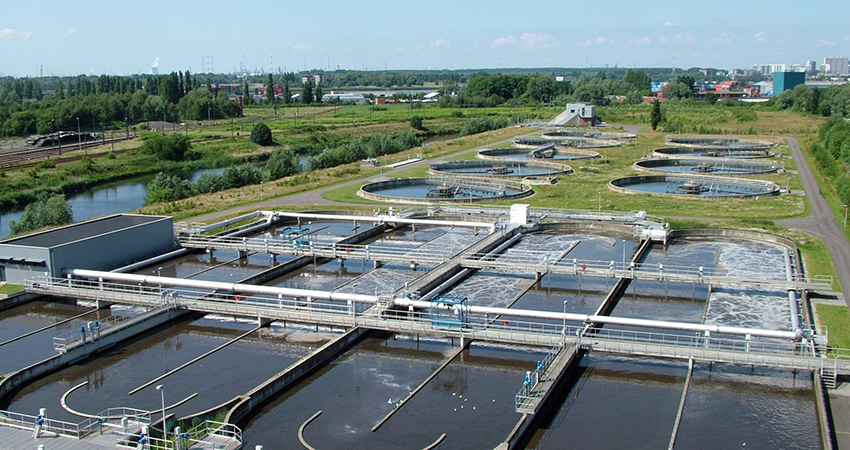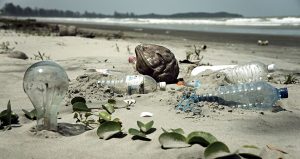Provisional deal on Urban Wastewater Treatment Directive

-
 Esther Rasenberg
Esther Rasenberg
Share article:
The European Council and the European Parliament reached a provisional deal on the new Urban Wastewater Treatment Directive on the 29th of January. The new and stricter rules include Extended Producer Responsibility, energy neutrality of wastewater treatment plants and the treatment of micropollutants in big cities. The provisonal deal is now pending formal adoption by both institutions.
Negotiations on the Urban Wastewater Treatment Directive (UWWTD) have been going on since October 2023. The initial proposal of the European Commission was weakened by the European Parliament before it went to the European Council. The main topic of discussion was the Extended Producer Responsibility (EPR). This requires the financing of additional treatment of drug residues and other micro-pollutants. The European Commission published a press release after the co-legislators reached an agreement on the contribution of manufacturers 80% of the costs of quaternary treatment and timelines for the implementation of extra treatment.
Extended Producer Responsibility
The European Commission introduced the principle of Extended Producer Responsibility in the treatment of urban waste water. Since 92 per cent of toxic micro pollutants in EU wastewater come from pharmaceuticals and cosmetics, the Commission wanted to oblige manufacturers to pay all the costs of removing those pollutants. The expectation in Brussels was that this will lead to more research and innovation in the field of toxic-free products and to fairer financing of wastewater treatment. The co-legislators agreed upon a contribution of producers of a minimum of 80% of the costs of this additional treatment.
Agreement on timelines
The co-legislators agreed that the obligation to set up urban wastewater collecting systems should be extended to all agglomerations with a population of 1 000 or more. The European Council first wanted to include all agglomerations with a population of 1 250. The Parliament and Council also agreed to postpone the deadline for compliance with this obligation from 2030 to 2035. The extended deadline should give water companies sufficient time to adjust to the new requirements. The thresholds and timelines for tertiary treatment, like the removal of nitrogen and phosphorus are set by 2039. Quaternary treatment, like the removal of a broad spectrum of micropollutants, is set by 2045 in WWTP’s with a population of 150 000 and above.
Energy neutrality and renewables
Waste Water Treatment Plants (WWTP’s) are producing methane during the treatment process, so the urban wastewater treatment sector could play a significant role in reducing green house gases. The legislators also introduced an energy neutrality target, meaning that by 2045 urban wastewater treatment plants will have to produce energy from renewable sources, based on regular energy audits, with progressive intermediate targets.
Urban wastewater management plans
Member states have to establish an integrated urban wastewater management plan covering agglomerations of over 100 000 p.e. by 2033. Such integrated management plans will be reviewed at least every six years, in line with the Water Framework Directive.
Revision of UWWTD
The European Commission conducted an evaluation of the Urban Wastewater Treatment Directive from 1991 in 2019. This evaluation showed that there are still sources of pollution that are not yet adequately addressed by the current rules. These include pollution from smaller agglomerations, storm water overflows and micropollutants that damage the environment. Additionally, the evaluation highlighted the urban wastewater sector as one of the largest consumers of energy in the public sector.
















